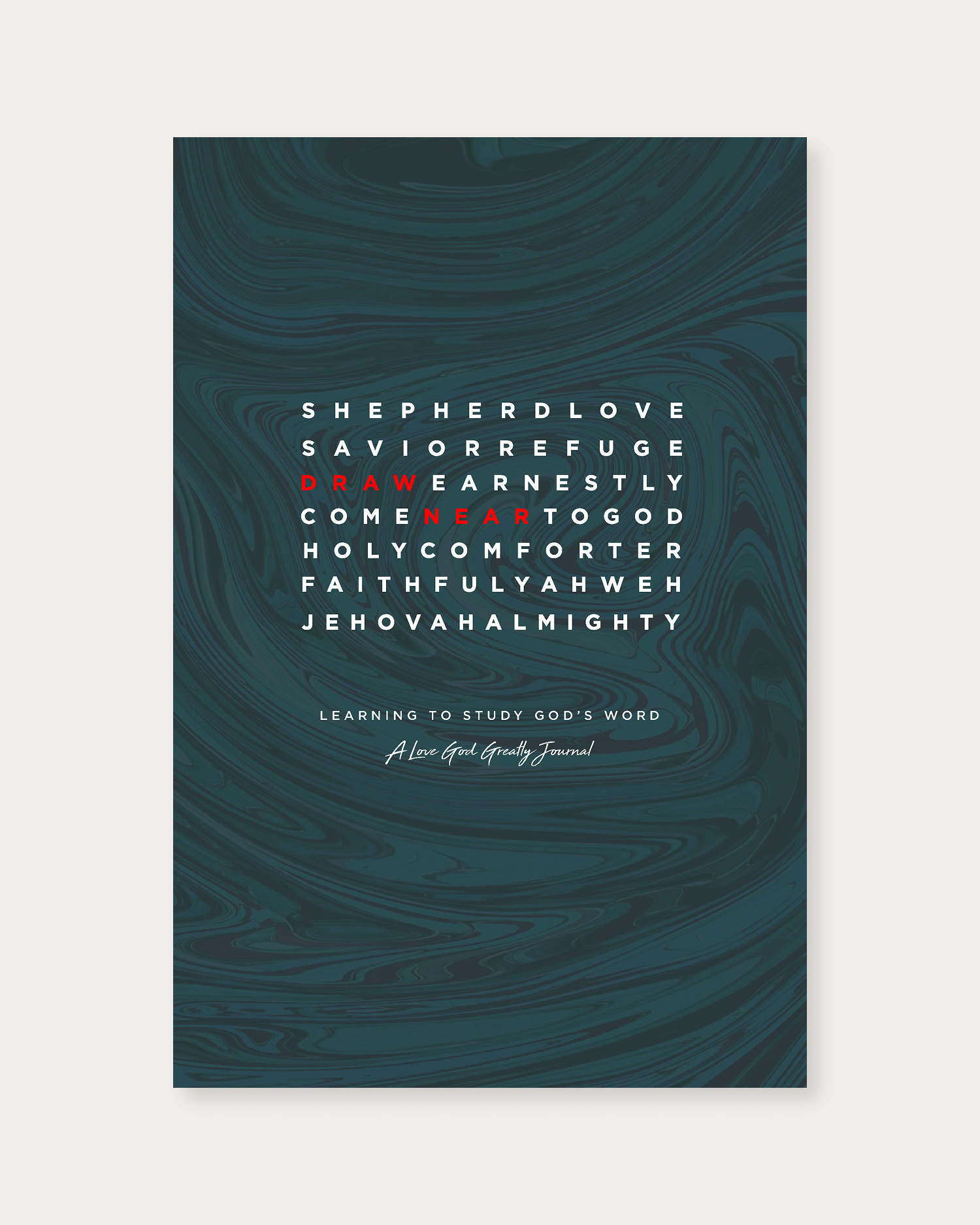
For most of us, the application of our Bible study tends to be the favorite part of our quite time. We live in a world where we can have access to everything quickly. This mindset can creep into our Bible studies and cause us to want to skip the hard work of observation and interpretation and we move straight to “How can I apply this to my day, week, life, or circumstance?” But as you can see, we are starting Week 5 of our study and are now starting to talk about application.
God’s Word is about God; who He is, what He is like, and how He interacts with His people. It is not about you or me. Therefore, it is of utmost importance that we get to know as much as possible about the God of our Bibles. It is a way of handling the Word of God rightly (2 Timothy 2:15).
At the same time, God has included us in His story, making His word applicable to each one of our lives.
“For everything that was written in former times was written for our instruction, so that through endurance and through encouragement of the scriptures we may have hope.” – Romans 15:4
Before we can apply His words to our lives, we have to make sure we have as clear of an understanding of our text as possible. That way, we know that we are applying it correctly. Remember, as we learned in interpretation, the text has only one meaning, but that one meaning can have many applications.
There are two kinds of applications found in God’s Word: explicit commands and implicit commands.
Explicit Commands: These are practical calls to actions based on explicit commands that we find in scripture. An example of this would be Exodus 20:13, “You shall not murder.” Explicit commands are usually clearly stated; we are not left wondering what God what’s us to do.
Implicit Commands: Implicit commands are necessary consequences that come from a particular truth. An example of this can be found in Psalm 1:1–2, “How blessed is the one who does not follow the advice of the wicked, or stand in the pathway with sinners, or sit in the assembly of scoffers! Instead he finds pleasure in obeying the Lord’s commands; he meditates on his commands day and night.” In these verses there are a number implied commands, one being that we need to stay away from the counsel and ways of the wicked because their lifestyle is contrary to the commands of the Lord.
When we are studying a text we need to ask ourselves if we see an explicit or implicit command we should follow. Once we have found the command, we have to ask, “What is the proper way for me to respond to this truth?”
It doesn’t end there. Broaden your application by asking yourself some of these questions:
- What specific responses does this passage call for from a believer?
- What specific responses does this passage call for from a non-believer?
- What specific responses does this passage call for from the weary or discouraged?
- What specific responses does this passage call for from the proud and arrogant?
- What specific responses does this passage call for from the doubting?
- What specific responses does this passage call for from the faithful?
Add some of your own questions to this list.
Application is an important part of studying our Bibles. It is how we take what we have learned and put it into practice in our lives. We first have to be sure that we have a proper understanding of what the text is teaching so that our application is right and honoring to the Lord.
As you close your time with the Lord today, answer the above questions for today’s SOAP verse, Psalm 19:12-13.
Who can know all his errors?
Please do not punish me for sins I am unaware of.
Moreover, keep me from committing flagrant sins;
do not allow such sins to control me.
Then I will be blameless,
and innocent of blatant rebellion.


